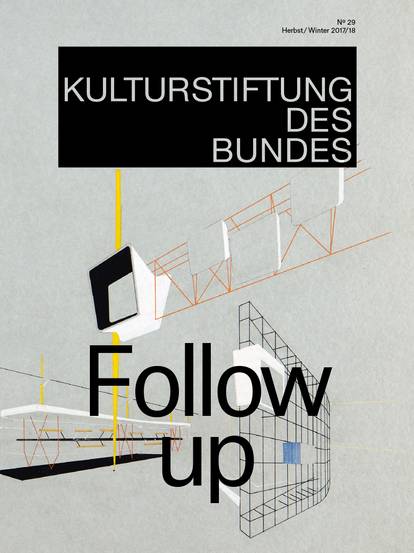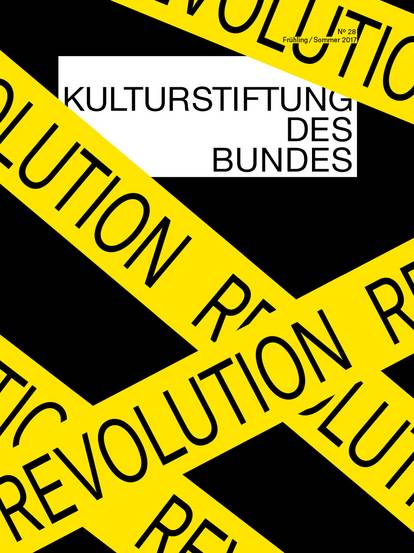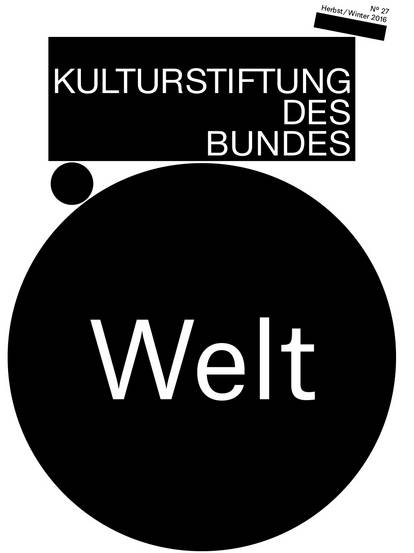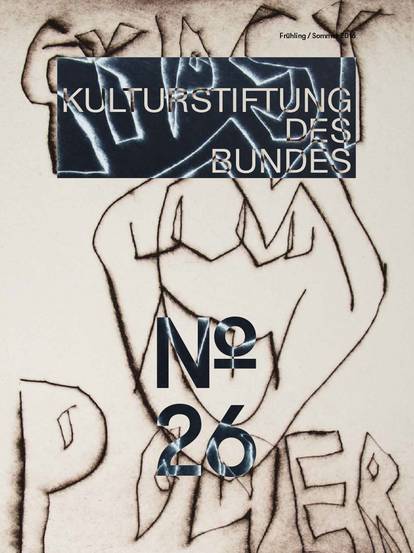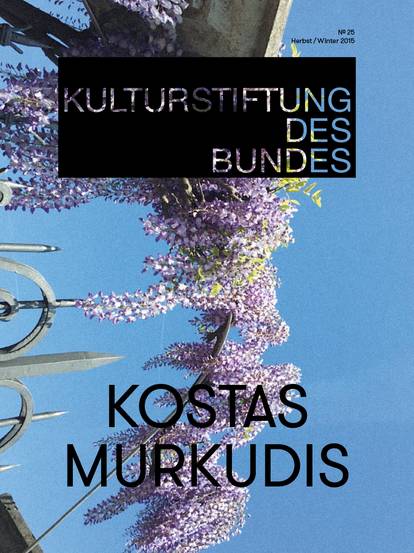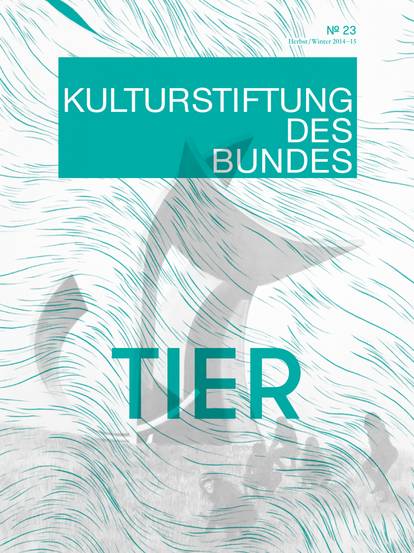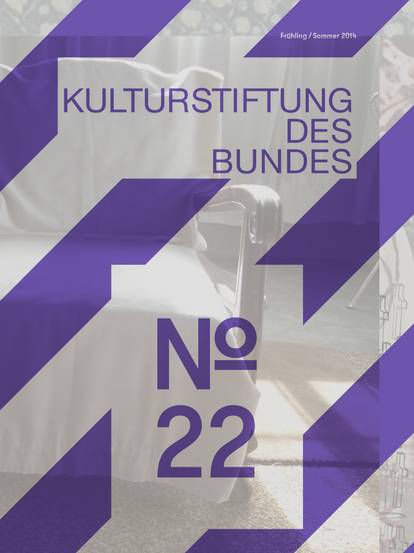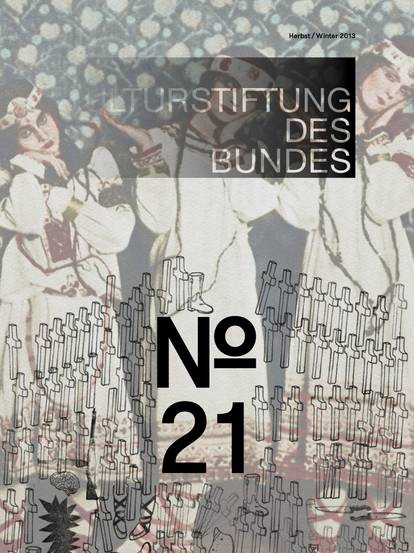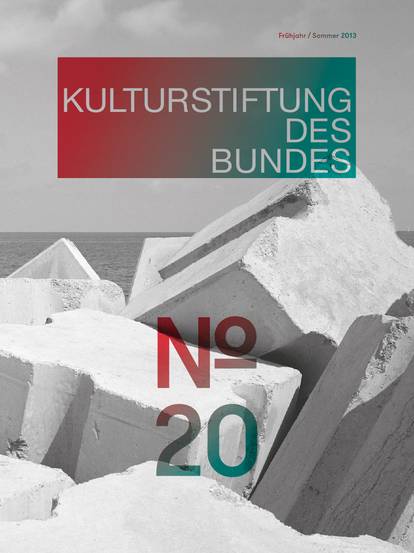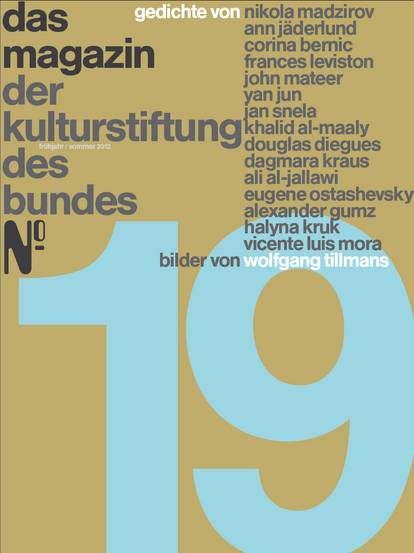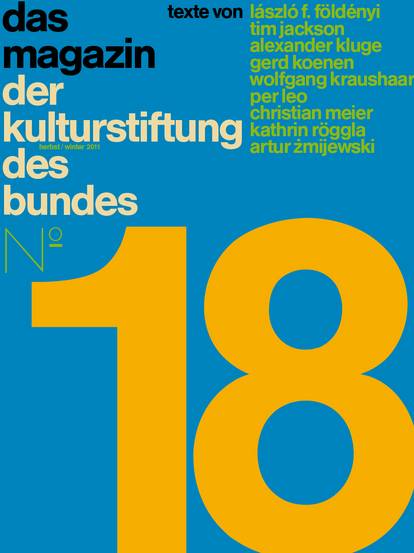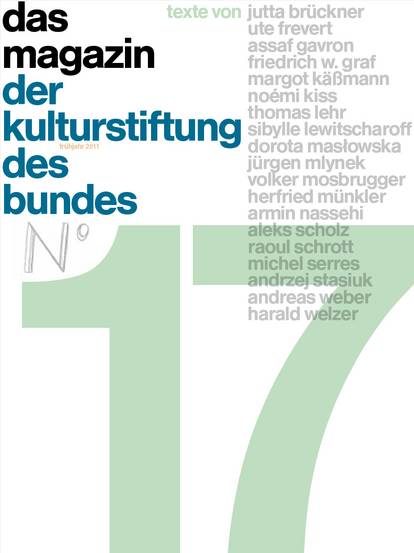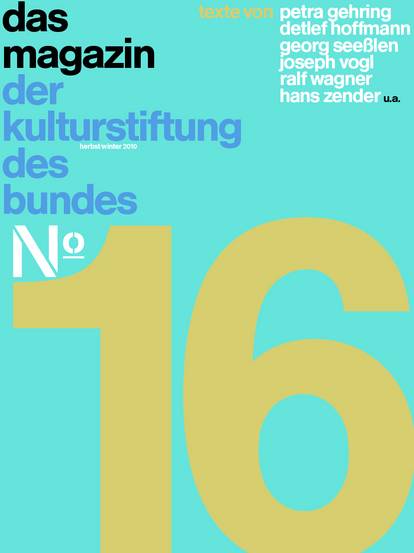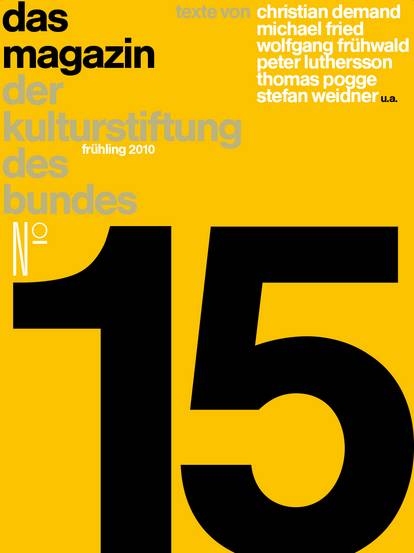The forecast had called for rain, but still the dense, milky white morning fog clung to the landscape. In the kitchens, coffee machines burbled and the farm occupants were taking a shit. Behind the willow grove he could make out the giant English oak, a truly majestic tree that towered over the area, watching the world and taking notes. He had gotten wet up to his knees, if felt like the dampness had crept up to his crotch. Luckily he’d worn his galoshes, he could change out of them in the building. The dog came out to meet him, he’d been waiting for him. But he could jump around him, whine and wag his tail all he wanted. The damn mutt deserved to be punished, the man kicked it aside. Inside the building it was quiet as if everyone had escaped, but then he heard the radio, tuned in to some morning show, the hosts were jabbing and guffawing, and then Gál appeared from out of nowhere, groggy, rumpled, with reddened eyes. The clasp on his holster was open, he’d probably been fooling around with his gun again even though the major had chewed him out for that. He stared at the holster until Gál, without looking, reached to his side and snapped it shut.
“Were you out drinking?”
“Hell no, the border guards came when it was still dark.” Gál yawned, shoved a large, grid notepad with the sign-in sheet over to him. He almost put his signature in the wrong spot, on the sign-out line. He couldn‘t understand what this nonsense was good for, the sign-in sheet.
“They arrested fifty last night.”
“Syrians?”
“All sorts,” Gál shrugged. He couldn’t care less if they were Syrians, Afghans or Palestinians. And actually fifty weren’t all that many; one time they’d rounded up 150, a veritable little army, and they took an exact count, one hundred and five of them were wearing bath slippers. When he saw how many feet were in plastic slippers, he began counting, and there were really more than a hundred, and it was March, and them trudging through the country in plastic slippers. It couldn’t be that they didn’t have any shoes or boots back home. Maybe their feet didn’t swell up so much in slippers. But how many slippers do you need for this Elkamino? Gál lit a cigarette and tipped his head towards his office, asking if he wanted some. He did. But he didn’t like it. The schnapps was strong, burned his throat, but there were times when he did say yes. When the heat of the alcohol coursed through his body, or more exactly his stomach, that was good, but the shudder that followed, he didn’t like that so much anymore.
Gál looked at the grimy glass thoughtfully, deciding whether he should pour himself another one. Balanced the glass in the palm of this hand, empty. Squinted through it.
“Another thing.”
“What?”
“Runts”, said Gál, pouring himself a drink, and of course, he knew Gál would. Whenever Gál considered whether to have another, he always did. But why, then, consider? Why do you consider something that you already know will happen?!
“What do you mean, runts?”
“The transporter is back, the guards, too, but four kids got left behind. It was too late when we noticed it. Now they’re here.”
“What are they doing?”
“Nothing.”
He walked into the room, they were sitting in the smaller cell where just last week a woman wearing a chador had an epileptic seizure. A man, probably her husband, was raving, and he wouldn’t let a doctor see her, then Gál drew his gun and held it to the man’s head, but that didn’t help. A delicate situation, but then the woman suddenly got better. She sat up and started talking, the spittle still drooling from her mouth. He wished he knew what she had said to the raving man, because it immediately calmed him down. The children sat next to each other like a row of soggy-feathered sparrows. They were scared, their eyes were blinking. Adults hardly blink. They don’t get scared so much, and when they do, they still don’t blink. Their eyes glaze over, the life seeps out of the mirror of their eyes. As if they were gone. But they weren’t gone, they simply stopped seeing. But these here were blinking, they were small children, six or seven years old, they’d lost contact with the grown-ups. Or were sent ahead. He addressed them in English, it was completely hopeless. Where are you from? But, to be honest, did it really matter? Syrian, Afghan, Iraqi. Persian? Mother, Father? They didn’t answer, they blinked, one of them had dried blood on his hand. And on his cheek, forehead, temple. He took out a bag of sweets and offered it to them, Eat, eat. But then he realised they didn’t want candy, they were hungry. He went to the kitchen, grabbed a few rolls from the day before, he also found a few triangles of processed cheese and tucked two bottles of water under his arm. The first thing they did was drink, of course. He watched the one boy, how he raised his hand instinctively, his fingers opening while the other boy gulped the water down. The boy almost yanked the bottle out of the other boy’s mouth, and then the other raised his hand in the same way. After they finished drinking, they ate and blinked. They didn’t say thank you, they were small animals, hunched over their bread rolls, cradling them in their laps, chomping at them as if someone were about to snatch them away. He squatted in front of the boy with the blood-smeared hand, looked at him, squeezed his arm. The fence had been drawn almost across the entire length of the border. And not only that. They had put razor wire on the fence, sharp, fine strips of metal which sliced and injured those trying to get through. The razor blades were pointed towards Serbia. Someone greeted him, the interpreter had arrived. She had been transferred there three days ago, a woman from the university, her predecessor had also been a woman, couldn’t stand it, flipped out, made a big scene and went on and on about human rights. The new lady wouldn’t last long either. On top of that, she wasn’t entirely clean, meaning there was a brown tone in her skin colour – she was browner than the Hungarians, browner than himself, maybe her father had been an Arab. Her name was Sada. She tried talking to the children, but they only blinked at her, one of them even turned away.
“Something has badly frightened them”, said Sada.
Then the bloody child said something. Just a few words, spoken very quickly. He had come back with a damp towel and rubbed the blood off the child’s arm. He wiped it away from his eyes and the corners of his mouth. It wasn’t his blood. This child wasn’t hurt. The child allowed him to keep wiping, blinking at him with his big brown eyes, mouth half open. He obviously liked being rubbed clean. The other children weren’t injured either. He raised his hand and showed them five fingers. He pointed at four of them and folded his thumb to his palm. He indicated, these four are you. One, two, three, four. These are you, you and you, do you understand? These are you. Is there a fifth? He stretched out his thumb and moved it. Is there a fifth child? Where is he? With two fingers, he imitated a person running away.
The child nodded.
“Dammit ...” He stood up and left the kids with the woman. How his footsteps echoed as he walked down the corridor. Gál wasn’t especially interested in the matter.
“And now you wanna bring him in?“
“Yeah, I wanna bring him in”, he replied.
“Maybe he’ll come back on his own.”
“He’s not coming back. He’s bleeding.”
“It’s gonna rain”, said Gál.
He went outside, wondering whether he should take along the dog. A few days earlier, the dog bit a woman in the face who had tripped and fallen. It wasn’t really a bite, more of a nip. A journalist, who had been milling around, saw it, and they had a lot of explaining to do. That the dog wasn’t really their dog, its owner had been sent back to the Croatian side and hadn’t been allowed to take it with him, and so the dog had been with them for a few days. It was an accident, really nothing more, they don’t use him as a guard dog, why should they use him to attack people? But the journalist didn’t buy it. They were definitely going after the Syrians. That was obvious. The journalist wanted to take a photo of the hound, but they wouldn’t let him. The dog was ashamed of himself, came right up to him as if he had trained him. Sometimes he gave him something to eat. But he didn’t know the dog well, how could he know he’d react that way? These animals sometimes went wild for no apparent reason. He looked at the greying sky, how it sank to earth. It was still early in the morning and the sky seemed so close he felt he could reach out and touch it. The air was heavy. He considered taking his coat. Recently he found a rabbit hanging on the coat hook. The rabbit belonged to Gál who had found it tangled in the wire, suffocated. Gál had brought it back, hung it on the coat hook and forgotten to take it home. So he took the rabbit home instead. In fact, Gál had also hung a pheasant on the hook once. A couple of hazel grouse another time. But when he took the rabbit, Gál cursed something awful and he could hardly calm him down, but really, what was Gál thinking, leaving the rabbit there, it would have started stinking by the next morning, it would have stunk up everything next to the coats. And you couldn’t easily put an entire rabbit in the refrigerator, it wouldn’t have fit and it was also filthy. They argued back and forth for a while, then he put a plastic container on the table, for Gál, and said, here you go, a taste of my wife’s cooking, paprikasch. Rabbit in paprika-sour cream sauce. They even gave some to the kid, they took it to him at the hospital, but didn’t tell him that it was rabbit. Gál didn’t have a wife, he would have sold the rabbit.
He put on the coat, but left the dog there. The first farmhouse some five hundred metres away belonged to the smugglers, the fence didn’t make their lives easy, no more free passage, now they had to pay customs. They had to pay customs before, but now they had to pay even more. Their farm looked nice and tidy, an old Passat was parked in the garage along with a huge secret vat of gasoline, and they even had a draw well. And they had horses, several breeds, even a miniature horse, the kind shown around at the marketplace sometimes. They had painted the stall blue and also the draw well. What nonsense. The man came out into the yard in his undershirt, probably counting his money, his earnings, and he smiled to himself thinking how people always counted money in their undershirts. You had to take some clothes off to do math.
“We haven’t been out the whole week, Lieutenant.”
“I’m looking for a child.”
They used to smuggle alcohol, then they were smuggling gas and cigarettes with the good old Passat. Good heavens, how long ago was it when they were dealing in jeans! The cigarettes which the Turks brought with them through the Balkans were always a big hit. Most recently, they’d been trying to smuggle in sexual performance drugs, they also came from the Middle East, Egyptian packages. And naturally marijuana, large and small portions, sometimes even – and this was new – rolled up as cigarettes. They never dealt in weapons. They had also told him straight out – never weapons. And they had also sworn never to get mixed up in human trafficking. And he believed them. Because if they started earning tons in human trafficking, it would dry up tomorrow. They knew that. You can run out of people. Cigarettes never run out. You could run out people, there were too many, you lost control of the situation, there were major fines to pay, the risk was high, but cigarettes were a sure thing.
“He’s bleeding,” he said.
In the blue stall, a horse snorted and thumped its pretty, star-speckled forehead against the wood.
“The blue is chic, Béla,” he said, “but I don’t know about a blue well ...”
“That was only a joke, Lieutenant.”
“And what’s so funny about a blue well?”
“We laughed,” said the man and turned around because his wife had just come outside. On such occasions, the women always came out a little later. At first, they were nervous, stayed inside, but then couldn’t stand it anymore and came outside. A thin, silver chain glittered around her ankle.
“I’d like to take a look in your blue draw well, Béla,” he said.
“Don’t you want a coffee, Lieutenant? We got good coffee,” the wife said. She had pretty, round breasts.
Not long ago, they’d delivered two sacks of coffee to the customs office, he got some, took it home, naturally. He didn’t accept money, but once in a while, he’d take coffee or alcohol. But they didn’t do anything like what was going on along the Ukrainian border. That was an industrial scale operation. He went there once, an acquaintance took him along, they drove through the region from one backwater village to another, half of which were gypsy settlements, a hut, a real house, a hut, real house, then a villa. But a villa that took your breath away. A palace! In every village, there were about four palaces. How was that possible, he asked his acquaintance who had taken him along in his car. And he laughed, fuck, Laszi, it’s either smugglers or customs officers living in them, they have the houses with stone mouldings, angel statues and swimming pools. The gypsies, who walked along the road, always had bags with them, like the Romanians used to have. They used bags to put things in whenever they needed to. Whatever was there, was sold, or found or given to them, they put in the bag. But such houses! God, some of them even had turret rooms with those steep roofs! The lady officers were going home every night with their bras and panties stuffed with euros.
By the time he had finished his coffee and left the farm, it had started raining. The dirty silver pelted him, the cold pricked his skin. It wasn’t raining hard, but you could see it was a long-lasting rain, like a speech that would never come to end. The sky had turned dark grey. The rain splatted against the leaves of the trees, he really liked that sound. The sound of rain had always been soothing to him. How slowly but surely everything, and really everything, got wet, waterlogged and heavy. Without exception.
He walked back and forth along the border, his boots squished with each step, he peered through his binoculars, everything got wet. He knew where the pits were, about four large clay pits where the gypsies and people from the surrounding farms dug up clay for building houses. Water had collected at the bottom, it gazed up at the sky, he didn’t see the child. A stork swooshed over his head, he could almost feel the rush of wind as it flew past. Then he realised that he didn’t even know the child’s name or what he looked like. All he knew was that he was bleeding because a razor had cut him. If his blood had fallen on the path, the plantains, the tree trunks, the rain would have washed it away by now. Not far from here, concealed by the nearby willow grove, there used to be a burial ground for carcasses. They closed it a few years ago, it was no longer allowed, you could smell it from far away, there were lots of complaints. The child wasn’t there either. There were mounds of trash, it seemed that people from the neighbouring villages had been disposing their rubbish and debris on the site. Massive pieces of concrete jutted from the earth with crimped and twisted iron wires protruding from them. He’d often seen cats on wires like these, jabbed onto them, skewered. The celandine was blooming in bright yellow, why did it grow so well in junkyards, for it was growing there very well, it grew on the concrete, yellow blossoms everywhere. One time they trucked in half a house to an illegal garbage dump. Where was the other half? Where do you take half a house, the windows and door frames, why didn’t anyone want this half, because they surely didn’t. Then came the lake, a winding path led to it, the grass grew a metre high on both sides. The lake wasn’t really a lake, often it wasn’t there, it dried up and stank, the remaining fish rotting away, and then it would fill up again, and when the storks and herons stood along the banks, then you knew the water was alright. A thick beard of reeds grew along the shore. A weeping willow hung its crown in the water, tomorrow its entire trunk would be twisted into it. He stared at the water, the metallic ripples, he didn’t spot anything of interest. But he kept staring until he saw a fish jump out of the water. It was already afternoon. He hadn’t seen a soul for hours. As if they were all hiding. But not because of the rain. Here along the border there were always people even in storms and howling winds. There were always a couple of figures coming or going, searching for or carrying something, sacks, bags, baskets, stealing from someone, stealing back from someone, smuggling, fleeing, riding a bicycle. There were people even when the snow was a metre high. But not now. He followed the path to the cross, maybe he’d find someone there. Even though nobody ever hid at the cross, it was surrounded by thorny underbrush, he spotted a snake there once. There used to be a path here, but it had grown over, the grass, the weeds had devoured it. The farms in the area died off and the weeds, the thorny creepers grew over the cross. The cross was crooked, a bit more crooked that usual, it seemed to him. Was it getting tired? Did it want to lie down?
“I’m looking for a child,” he said automatically, and then noticed that wilted flowers were strewn over the base of the stone pedestal, lined with cracks. The rain splashed among the creepers, the overgrown thorn apple. Okay, then he’d head over to Lakatos’ farm, he thought, that was his last chance, the farm wasn’t far, past the big curve on the field path where the poplar with the owls rustled gently.
He had to kick the farm dog away, a small, black, mangy bastard, spittle at his mouth, barking until it almost suffocated. A goat stared at him, it was tied to a post, it stood motionless. A huge cockerel marched towards him menacingly, its comb looked like someone had painted it with fresh blood. The men weren’t at home, they’d driven into town to pick up some meat.
“Maybe they’re staying inside and playing music,” the woman added. She was fat and wore a brightly coloured headscarf. She held a pot over her head so she wouldn’t get wet.
“Could I take your boy for a while, Mame?”
“Why should I let you take him?”
“I’ve got work, Mame.”
“Well, looks like you’re going to get wet, László,” the woman grinned, flashing her gold teeth at him.
“I’ve got a coat,” he said, patting himself.
“No, you don’t, you’ll give it to the boy. The men took ours when they left this morning.”
The boy only came up to his waist. The coat he draped over him dragged on the ground. Like he’d grown two black wings, like he wanted to fly away. He was like his own child, the one who had recently eaten the rabbit and had also wanted to fly away. But they wouldn’t allow it. When his child got healthy again, he’d drape his coat over him, too. He smiled to himself, but the boy next to him marched on with a grave expression on his face, he would have loved to kick a mole hill, but he couldn’t because of the coat. So he jumped on it instead.
“What’s your name again, Janika?”
“János,” the boy said.
When you walked over wet earth, the sound changed. When it was dry, the grass, the straw crackled, you could see and hear how the crickets and grasshoppers ricocheted away with clacking wings. When the grass was wet, the walking got harder. The wet grass would love to strangle your ankles. The wet grass wished it were sea grass. Now they could hardly see a thing. They walked through the thick, grey world. He was already soaking wet. The boy asked for the binoculars and hung them around his neck.
“Where would you go if you were scared?”
“I’m never scared.”
“I didn’t say you were scared. I asked what if.”
“I told you, I don’t get scared.”
“Fine, then tell me where you’d hide if you didn’t want anyone to find you.”
“Who?”
“People. Like me, for instance.”
He bent over the boy and held him fast. Janika, dammit, we’re not joking around here. He didn’t hold the boy too tightly, just both arms, and he shook him just a little as if he were trying to shake the sleep out of his big, drowsy eyes. Dammit Janika, this is not the time to be stubborn. No talking back. This is no time for fooling around. You got my coat. And the binoculars. You don’t have to be at home where you’d be bored to death. He pulled out the sweets and put two in his mouth. Janika wriggled his arms free and reached for the bag.
“There’s a child, as big as you, who is lost,” he said. “He hid somewhere and I don’t know where he is. Let’s look for him, OK? If we find him, I’ll give you a thousand forints.”
They stared at each other in silence, the boy had at least five pieces of candy in his mouth.
“Five thousand.”
“Three.”
“Alright, three.”
From then on, the boy walked differently. He had a purpose. And somehow he was proud that he had something to do, an important matter, like adults always had. He didn’t look around for mole hills or gopher holes, he stopped searching for eggs or nests, he squinted his eyes and looked ahead. The rain pelted the back of his coat, his hair was wet and matted, his nose was shiny with snot, dripping. The binoculars were a little heavy for him, he gave them back. His eyes were sharp enough without them. They trod through the high, drooping stalks of grass, circled through the blossoming hemlock and chicory. But their circles were getting noticeably tighter. Another stork flew over their heads, closer than before. He could even see its eyes. The boy found a stick with which he cleared the path ahead. He slashed at the rampant burrs, the prickly flowers, the marsh marigolds. It was pouring. He wasn’t cold and couldn’t figure out why not. He was soaked to the bone. His boots squelched with each step, as if he were heaving stones with his feet. Suddenly the boy stopped. The sleeve of the coat creased as he pointed his thin arm forward.
“He’s up there.”
“I don’t see him.”
“There, in the tree, between the leaves. I can’t see him either, but he’s there. He’s watching us.”
“He’s probably getting wet too, isn’t he?”
“Yes, but only from above. Not below. When the cold comes from below, that’s the worst. And he knows it. He’s been outdoors for a while, so he knows it. I’m going home now,” the boy said. “Don’t go too fast, otherwise he’ll fall down. Go over to him slowly.”
“Very slowly!” he called.
And the boy wandered off, taking the coat with him, the binoculars and sweets, and the crumpled money in his pocket. He might have even been humming to himself, the rain beating on his back. The grass probably straightened itself quickly after he had passed. He looked at the giant tree. It was the majestic English oak, not far from the guardhouse. How did the child manage to climb up it? And there in front of him, he now noticed, shivering, for he was starting to get cold, were a row of dark spots on the leaf of a plantain. The rain hadn’t washed them away, but just dissolved their edges. He looked over at the tree. He only had another half hour until it got dark. He’d have to get over there by then. He started moving. Carefully he took one step after another, very slowly. It was still daylight when he reached the tree, there was still light in the sky when he could finally lean against the trunk. He was so exhausted his heaving breath sounded strange to him, someone else’s mouth gasping for air. A little slipper lay at the foot of the tree. He craned his head back and peered up into the growing darkness of winding, intersecting branches and twigs and shivering leaves which swallowed the light like coal in a sack. And he couldn’t see anything else. He couldn’t see anything that would warrant a sigh of relief, now I’ve got you, there you are, little guy. Now I got you, friend. He kept looking up until he felt something warm on his face. He touched it and knew without looking. He knew his face was bloody.

![[Translate to English:] Magazine 38](/fileadmin/_processed_/f/1/csm_Magazin38_Cover-Vorschau_921x1230_689f428dc3.jpg)
![[Translate to English:] Magazine 37](/fileadmin/_processed_/b/c/csm_Mag37_Cover-Vorschau_921x1230_b5129fdb2a.jpg)
![[Translate to English:] Magazine 36](/fileadmin/_processed_/2/a/csm_Cover_Magazin36__issuu_2f3cef97bb.jpg)
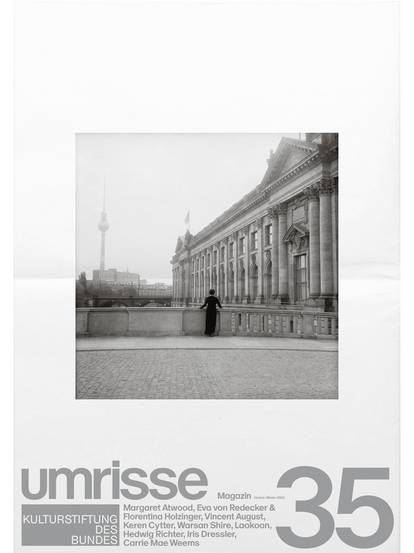
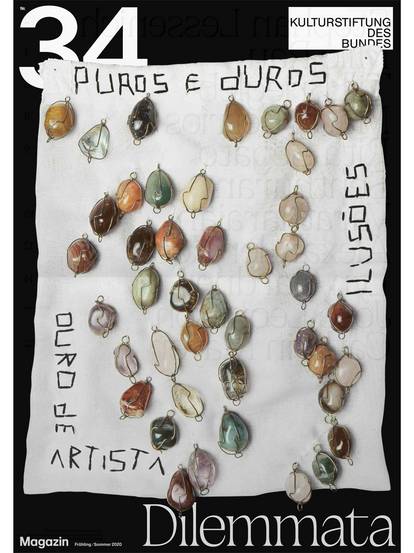
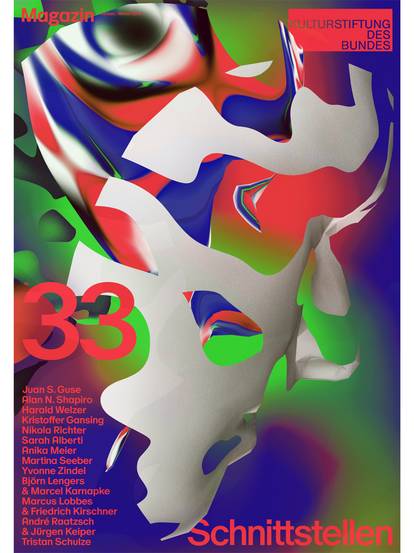
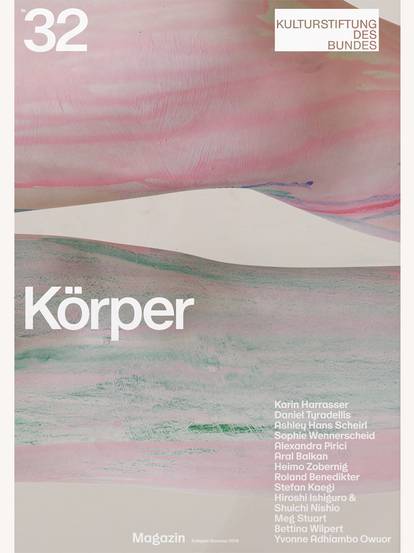
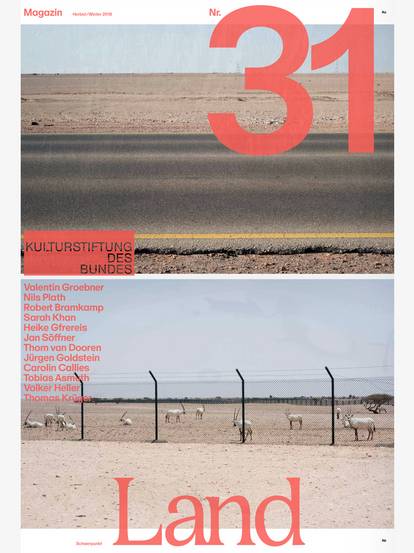
![[Translate to English:] Magazine 30](/fileadmin/_processed_/c/b/csm_magazin30_vorschau_9005f773d3.jpg)
